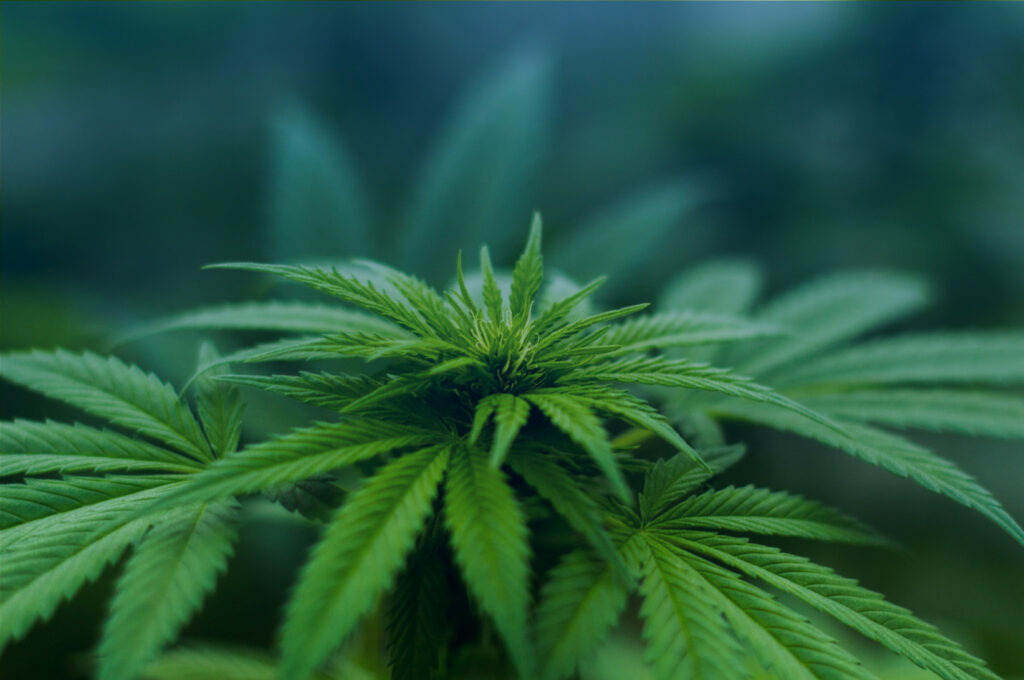
The increased abuse of opioid drugs and the developments of cheap, inexpensive, very potent synthetic opioids like fentanyl, which accounts 80% of all overdose deaths, have made the “opioid epidemic” an issue which has touched far too many family’s lives. Naloxone (Narcan) is a drug which reverses opioid respiratory depression effects. It accomplishes this by binding to the same receptor occupied by the opioids (the mu receptor), but not actually activating the receptor. Activation of the receptor by opioids cause a slowing of respiratory effort and rate, higher doses of opioids turn off respiration, causing death. By displacing opioids from activating the mu receptor, naloxone reverses the effects of opioids. It has saved countless people from narcotic overdose deaths.
Fentanyl is very potent, with the ability to bind very tightly to the mu receptor, so tightly it can be hard for naloxone, the only available antidote for narcotic overdose, to remove from the receptor using the standard doses. Additional options have been few.
New research using animal studies have shown that CBD increased the ability of naloxone to displace opioids from the mu receptor resulting in improved responses. With the promising results, chemists then altered CBD’s chemical structure to produce more than a dozen distinct chemical species that reduced synthetic opioid binding to the receptors.As an alternative pain medication, CBD is helping many patients reduce or eliminate their opioid requirements. CBD helps some patients with addiction beat their opioid cravings and relapse. Now, CBD may help directly save lives as it is developed as an antidote for narcotic overdoses.
Perhaps the answer to many of the issues opioids have caused can be remedied with the safe, natural medicines the cannabis plants provide.


